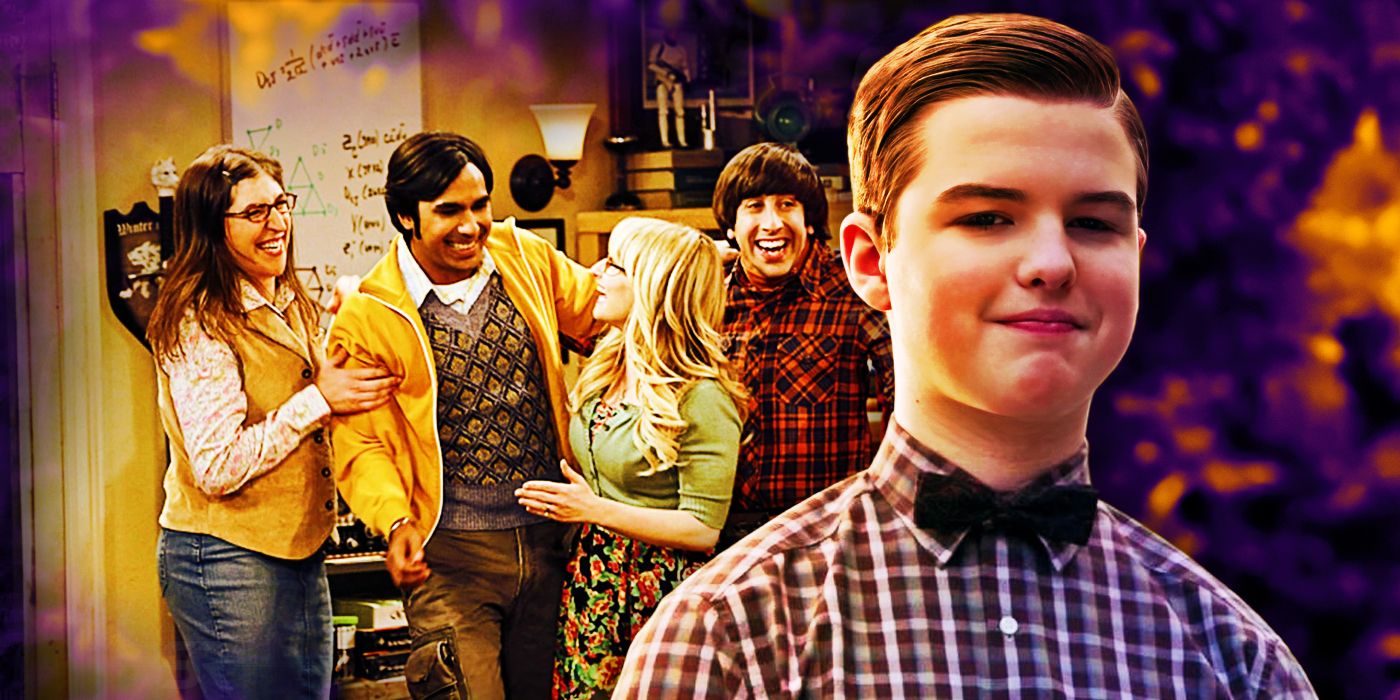
When The Big Bang Theory premiered in 2007, few expected the geek-centric sitcom to evolve into one of the most culturally influential shows of the 21st century. Dismissed early by critics as a niche comedy filled with stereotypes and science jokes, the show instead spent 12 seasons climbing the ranks of TV greatness, becoming a global sensation and redefining what mainstream comedy could look like.
Nerd Culture Goes Primetime
At its core, The Big Bang Theory did something no other major sitcom had done at the time—it celebrated intellectualism. It put theoretical physicists, engineers, and neuroscientists at the center of the story. While the early humor often poked fun at their awkwardness, the show gradually shifted its tone, embracing their passions and painting them as heroes in their own right.
Sheldon Cooper, Leonard Hofstadter, Raj Koothrappali, and Howard Wolowitz were not cool by any traditional metric. But their deep friendships, eccentricities, and surprisingly emotional arcs resonated with viewers across age groups and continents.
The success of the show helped pave the way for a broader acceptance of so-called “nerd culture” in media. Suddenly, comic books, quantum mechanics, and Star Trek references weren’t just background details—they were punchlines, plot points, and, ultimately, points of pride.
A Sitcom Built on Evolution

Many sitcoms stay the same for years. Not The Big Bang Theory. From the moment Penny walked across the hall in episode one, the show slowly started evolving—first with humor, then with heart. The early seasons relied heavily on Sheldon’s quirks and Leonard’s romantic longing for Penny. But by Season 6, the show had become something more textured.
New characters like Bernadette and Amy added dimension to the male-dominated ensemble. Long-running dynamics shifted. Penny and Leonard got married. Sheldon and Amy fell in love. Howard became a father. Raj confronted his loneliness.
The show began to explore emotional growth in a way few sitcoms dared, especially with a character like Sheldon, whose journey from rigid logic to meaningful emotional connection became the unlikely heart of the series.
A Global Phenomenon
By the time it ended in 2019, The Big Bang Theory had become one of the most-watched sitcoms on Earth. Translated into dozens of languages and broadcast in over 70 countries, its humor proved surprisingly universal. Why? Because beneath the jokes and jargon, the show was always about connection: unlikely friendships, chosen family, the awkwardness of intimacy, and the strange ways people come together.
Its theme song, “The History of Everything” by Barenaked Ladies, became iconic. Merch flooded stores. And a generation of fans grew up with Sheldon’s knock-knock jokes and Raj’s dog Cinnamon.
Critics and Cultural Reappraisal
Despite its success, the show has never been fully embraced by critics. Some objected to its laugh track format. Others argued that early episodes leaned too heavily on outdated gender stereotypes or caricatures of nerds.
But in recent years, critical perspectives have begun to shift. Many now point to the show’s nuanced character development, its long-form emotional storytelling, and its unique position as a sitcom that dared to grow.
Its finale, featuring Sheldon and Amy’s Nobel Prize win and a tearful group moment in the apartment, felt less like the end of a comedy—and more like the closing chapter of a long novel.
A Legacy That Endures
The Big Bang Theory didn’t just entertain—it transformed. It made science funny. It made awkwardness lovable. It turned niche into mainstream. And it proved that sitcoms, even ones with laugh tracks and comic book jokes, could be intelligent, emotional, and enduring.
It wasn’t just a hit.
It was a phenomenon.